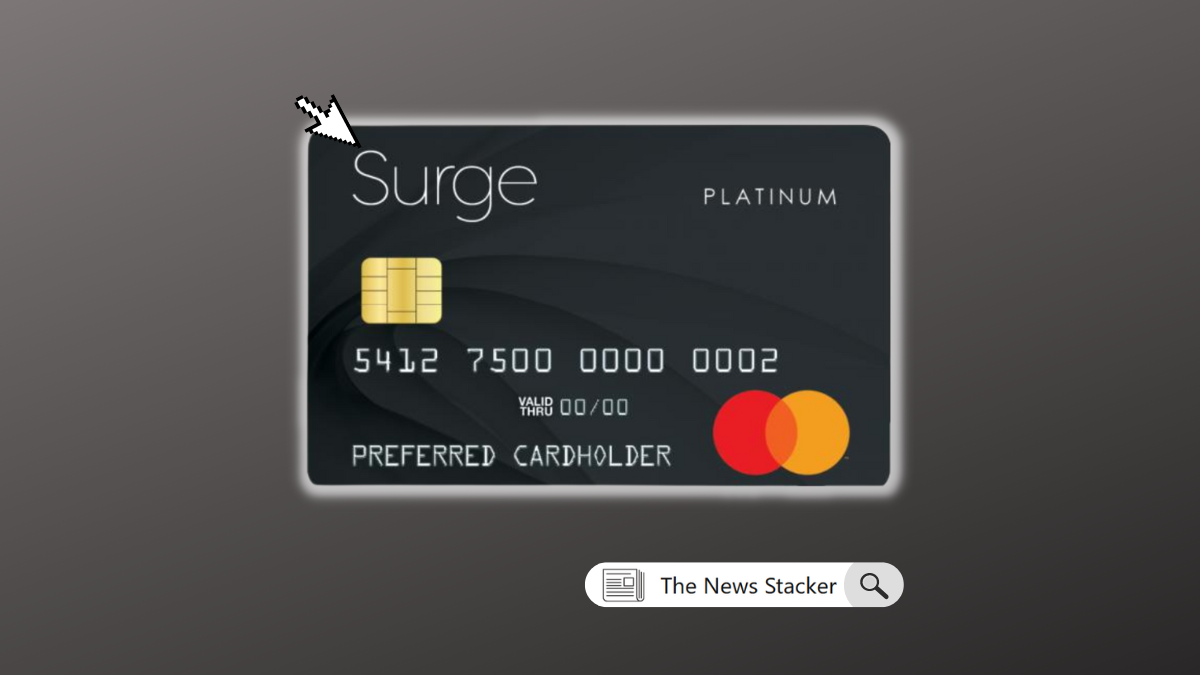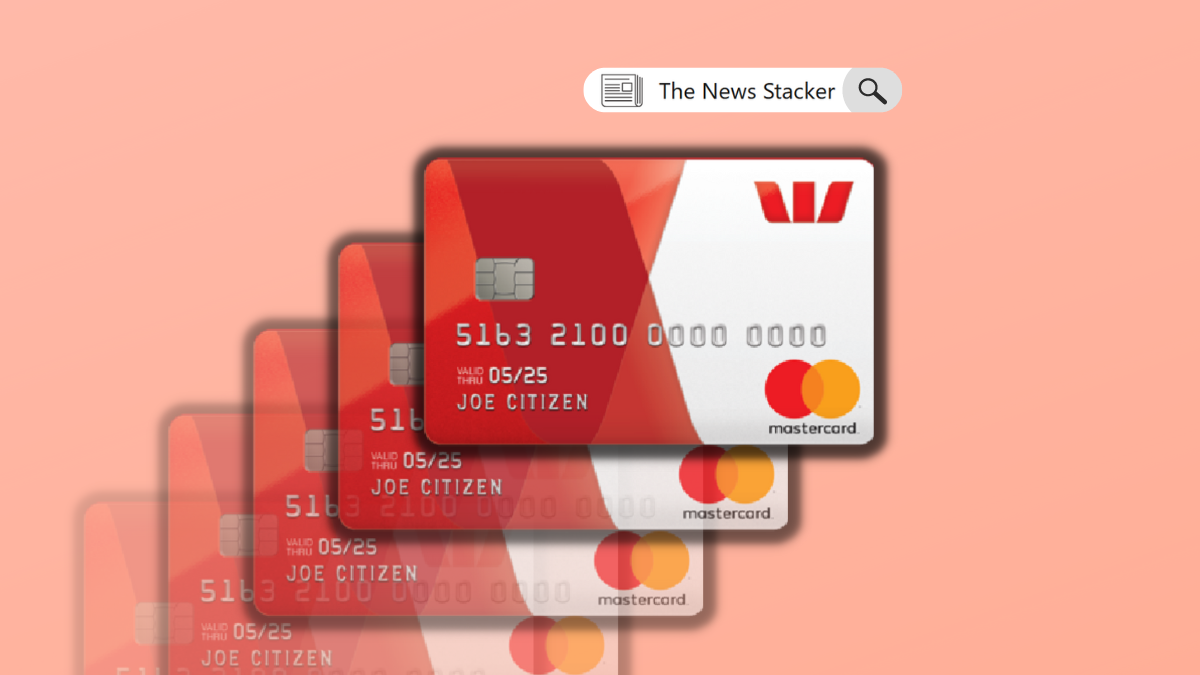News
How to avoid scammers during the Holidays
It's the most wonderful time of the year, but it's also the time of year when scammers are busiest. Here are some tips to help you avoid being scammed this holiday season.
Advertisement
Busy holiday shopping leads to cybercriminal activities. Learn how to stay safe.

Finding the perfect gift during the holidays is always stressful. Not only because of the busy shops, but also due to increased cybercriminal activities. It’s a time in which you need to be extra careful in order to avoid scammers offering suspiciously incredible deals.
Whether they’re out fishing for personal information or coming up with crazy deals to steal the consumers’ financial data, there’s always more at stake than most people realize.
It’s true that since COVID cases and deaths have declined, a lot of people returned to in-person shopping this year. However, experts point to an increase in online sales during this holiday season. Many of which are happening during Black Friday.
To make things even more complicated, the current economic conditions and rampant inflation have many customers looking for the best deals they can find. That makes it all the harder to avoid scammers.
When you couple all of that with the traditional holiday rush, it might look like a good idea to do business with unknown websites. Even if the discounts they offer look a little shady. That’s because, according to experts, people let their guard down a bit during the holidays.
Meanwhile, that’s the perfect window for cybercriminals to act and take advantage of this heightened desperation. With fake websites, they can steal credit card numbers, personal information and login credentials from a naive customer.
Luckily, there are a few easy precautions you can take to ensure your holiday cheer and avoid scammers. See below for our recommendations on how to safely shop during this season.
Keep an eye on your bank and credit card statements
The holiday season is a time for giving, but it’s also a time when scammers are out in full force. If you’re not careful, you could end up losing money to a scammer. One of the best ways to avoid scammers is to check your credit card and bank statements regularly.
This way, you can spot any suspicious charges right away and report them to your financial institution. Additionally, avoid giving out personal information, such as your Social Security number or date of birth, to anyone who asks for it.
If you’re ever unsure about whether or not someone is legitimate, contact your local Better Business Bureau to find out more information. By taking a few simple precautions, you can help avoid being scammed this holiday season.
Check if you are pre-approved for credit cards and loans with no impact to your credit score
You will be redirected to another website
You’ll receive messages for less than 1 week, with a maximum of 1 message per day. You can unsubscribe anytime by replying STOP. By submitting this form, I confirm that I am 18+ years old and agree to the Privacy Policy and Terms and Conditions. I also provide my signature, giving express consent to receive informational messages via automated emails, SMS, MMS text messages, and other forms of communication. Message frequency may vary as part of our good-faith effort to respond to your inquiry. Message and data rates may apply. Text STOP to cancel. I understand that my consent to receive communications is not a condition of purchase and that I may revoke my consent at any time.
Avoid scammers by being aware of phishing

Every year, unsuspecting people fall prey to fraudsters who take advantage of the generosity and good will of holiday shoppers. But there are some simple steps you can take to avoid scammers and becoming a victim of holiday fraud.
One of the most common scams during the holidays is phishing. This is when scammers send emails or texts that appear to be from a reputable source, like a shipping company or online retailer. The message may say that there’s a problem with your order, or that you need to update your payment information.
If you click on the link in the message, you’ll be taken to a fake website that looks almost identical to the real thing. The fake website will then ask you to enter sensitive information like your credit card number or Social Security number.
Once the scammer has your information, they can use it to make fraudulent purchases or even steal your identity. So how can you avoid falling for a phishing scam this holiday season?
First, be suspicious of any unexpected messages that purport to be from a company you do business with. If you’re not expecting a package from UPS, for example, don’t open an email that claims to be from them.
Second, take a closer look at the message and see if there are any red flags – like poor grammar or spelling mistakes. Scammers are often in a hurry and don’t have time to proofread their messages carefully.
Finally, never click on links in unsolicited messages – even if they look legitimate. If you’re unsure whether a message is real, go directly to the company’s website and login to your account from there. By doing these steps, you can avoid scammers during the holidays.
If a deal is too good to be true, it probably is
As the holiday season approaches, so do the opportunities for scammers. They may pose as fake charities, online retailers, or even family and friends in need. But there are some steps you can take to avoid getting scammed.
Watch out for deals that seem too good to be true. If an offer is significantly cheaper than similar products or services, it may be a scam.
Research any new retailers before making a purchase, and check for reviews to see if others have had a positive experience. Be especially cautious of retailers that contact you out of the blue, either by phone or email.
Consider upgrading your antivirus and getting a VPN

To avoid being taken advantage of scammers, give your computer or mobile phone a little security boost. First, consider upgrading your antivirus software. This will help to protect your devices from malicious software that scammers can use to steal your personal information.
Second, consider getting a VPN. This will encrypt your online activity and make it more difficult for scammers to track you online. Finally, be sure to research any unfamiliar companies or websites before providing them with any personal information.
By taking these precautions, you can help to avoid being scammed this holiday season.
Retailers have a new headache for holiday season
Even though it’s Black Friday weekend – when retailers expect a surge in shopping – many consumers are trading goods and services for another experience: travel. Follow the link below to learn more on the matter.

Retailers have a new headache for holiday season
Since the pandemic has gotten under control, more Americans are willing spend on travel and less on products. Read on for more.
Trending Topics

How to unblock someone on Snapchat.
Wanna know how to Unblock Someone on Snapchat? Learn how you can easily remove the block and add them back into your friends' list.
Keep Reading
The most expensive cities in the world
Check if your city or your destination is among the most expensive cities in the world. Are they worth what they cost? Read to find out!
Keep Reading
The rarest toys ever made!
In the world of collecting, some toys are rarer than others due to many factors. Find out about some of the rarest toys ever made!
Keep ReadingYou may also like

What are the best museums in the US?
This post has an interesting list of the best museums in the US to enjoy a nice day with your family. Choose one and go see it!
Keep Reading
See how to apply for a Surge® Platinum Mastercard®
If you’re looking to apply for a Surge® Platinum Mastercard®, this post will show you everything you need to know before making a decision.
Keep Reading
Westpac Low Rate Credit Card review: Maximize your savings
Trying to keep your interest payments low? Read our Westpac Low Rate Credit Card review and unlock financial freedom for savvy shoppers.
Keep Reading